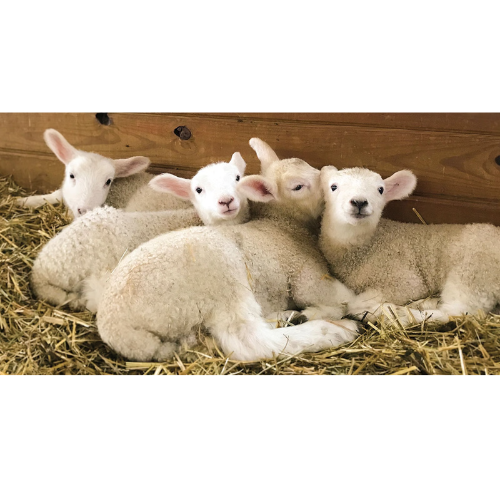Uruguay’s Bold Bet on Lamb Exports to Japan
Uruguay, a small South American nation known for its rolling pastures and high-quality livestock, is making a strategic move to position itself as a premium supplier of ovine meat to Japan. This bold initiative reflects Uruguay’s broader ambition to diversify its export markets, tap into Asia’s growing appetite for protein, and elevate its global agricultural brand.
Why Japan? Understanding Uruguay’s Strategic Shift
Japan is the world’s third-largest economy and the fifth-largest importer of meat globally. With a population of over 125 million and a strong preference for high-quality, traceable food products, Japan represents a lucrative market for Uruguay’s agricultural exports.
Uruguay’s government and private sector have identified Japan as a key partner for several reasons:
- Premium market demand: Japanese consumers value food safety, quality, and origin. Uruguay’s grass-fed, hormone-free lamb fits perfectly into this niche.
- Diversification strategy: Historically reliant on China and the EU, Uruguay seeks to reduce dependency and expand into stable, high-income markets.
- FTA potential: Uruguay is exploring trade agreements that could reduce tariffs and streamline access to Asian economies, including Japan.
Uruguay’s Competitive Advantage in Ovine Meat
Uruguay’s livestock sector is one of the most advanced in Latin America. The country has a national livestock traceability system, allowing every cut of meat to be tracked from farm to fork. This transparency is a major selling point in Japan, where food provenance is critical.
Key strengths include:
- Grass-fed production: Lambs are raised naturally on open pastures, resulting in leaner, more flavorful meat.
- Animal welfare standards: Uruguay adheres to strict animal welfare protocols, aligning with Japanese ethical consumer trends.
- Sustainability credentials: With growing concern over climate impact, Uruguay’s low-carbon livestock practices appeal to eco-conscious buyers.
Market Potential: Japan’s Appetite for Lamb
While Japan is not traditionally a lamb-heavy market, consumption is rising—especially among younger demographics and in urban centers. Lamb is increasingly featured in gourmet restaurants, fusion cuisine, and health-conscious diets.
According to recent trade data:
- Japan imported over 20,000 tons of lamb in 2024, with Australia and New Zealand dominating the supply.
- Uruguay’s entry could offer price-competitive alternatives with premium quality.
- Japanese retailers are open to new suppliers that meet safety and quality benchmarks.

Government and Industry Collaboration
Uruguay’s push into Japan is not a solo effort. The Ministry of Livestock, Agriculture and Fisheries (MGAP), the Uruguayan Meat Institute (INAC), and private exporters are working together to promote lamb in Japan.
Recent initiatives include:
- Trade missions: Uruguayan delegations have visited Tokyo to meet importers, chefs, and regulators.
- Product showcases: Lamb tastings and promotional events are being held in Japanese supermarkets and food expos.
- Branding campaigns: “Uruguay Natural” is the official country brand, emphasizing purity, sustainability, and quality.
A Gateway to Asia
Uruguay’s bet on Japan is not just about one market—it’s a gateway to broader Asian expansion. Success in Japan could open doors to South Korea, Taiwan, and even China’s premium segments.
By establishing a foothold in Japan, Uruguay can:
- Build brand recognition across Asia.
- Leverage Japanese distribution networks.
- Position itself as a boutique supplier of high-end meat products.
